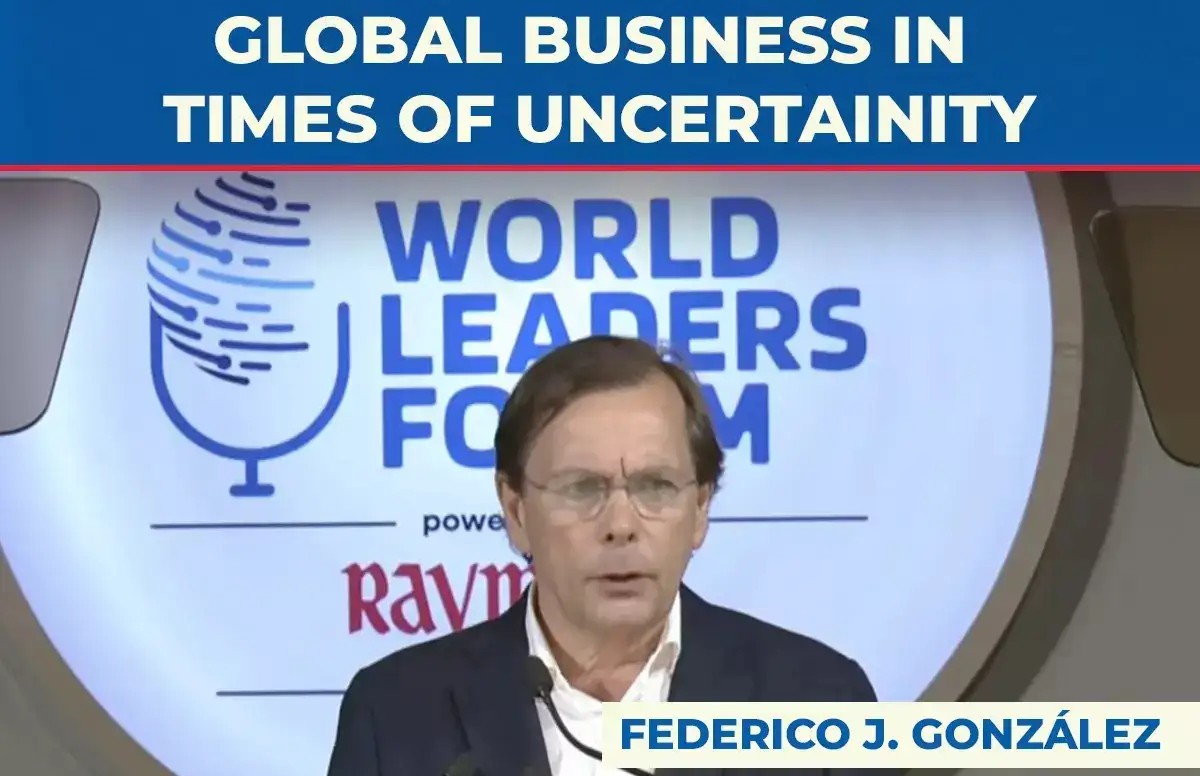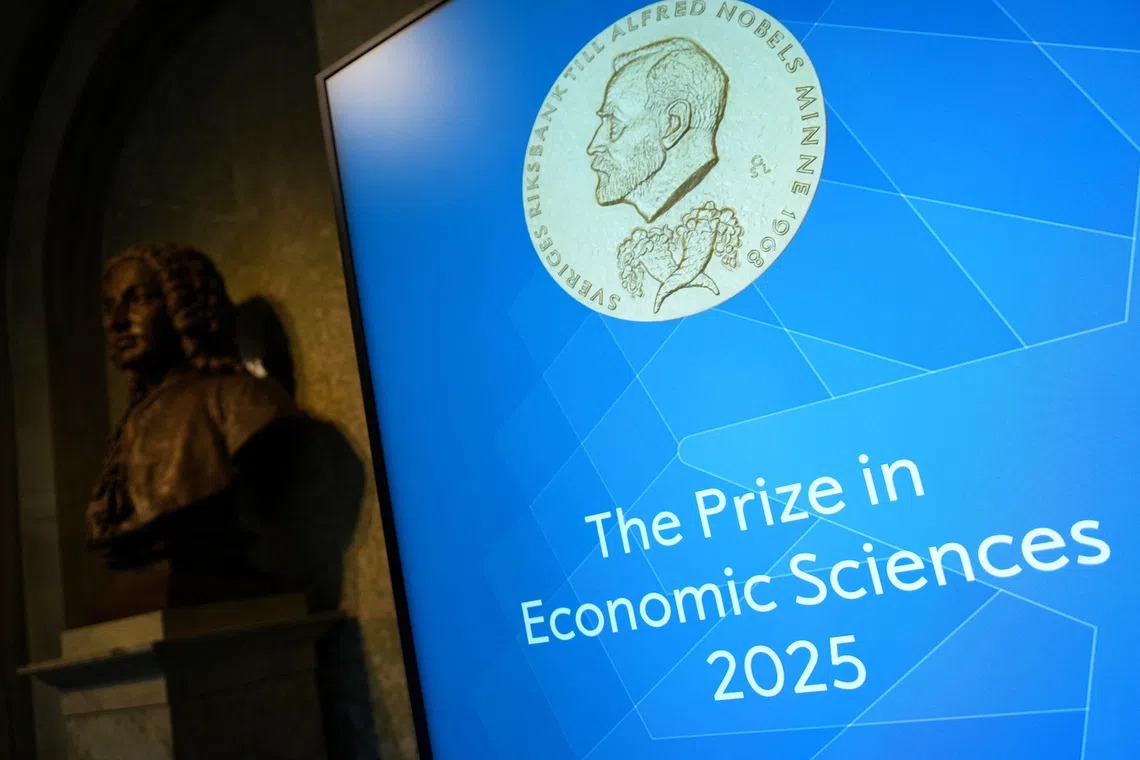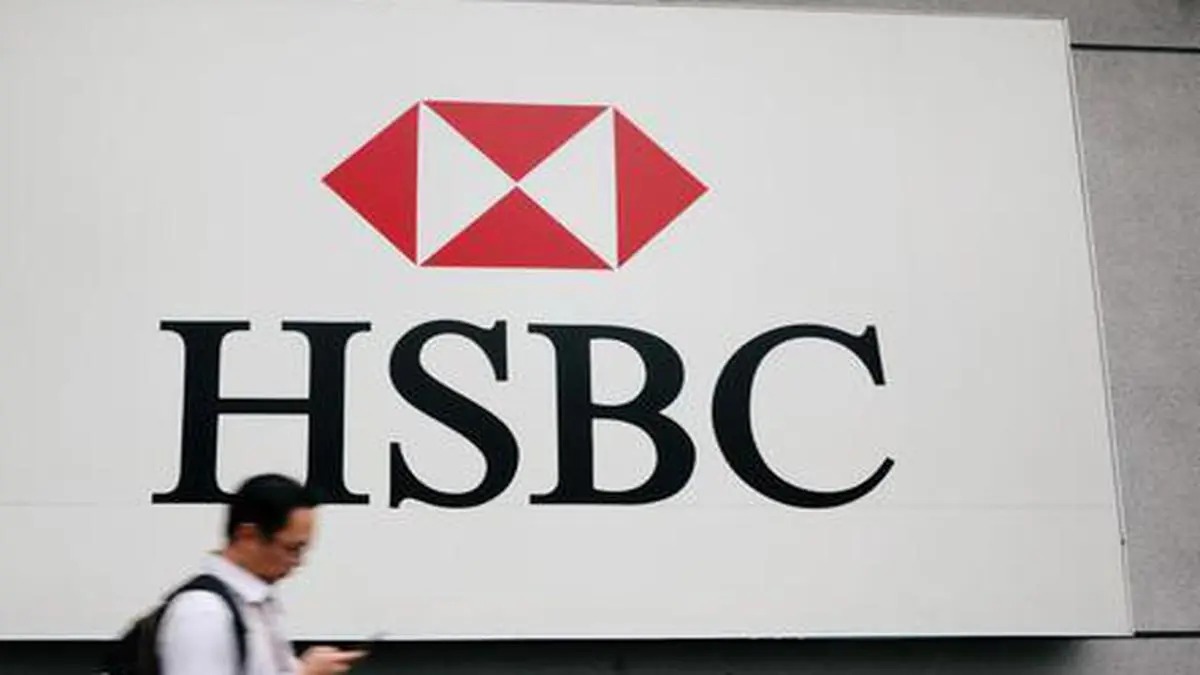India has emerged as a unique and rapidly expanding market for the Louvre Hotels Group, according to Federico J. González, Board Director of Louvre Hotels Group and CEO of Radisson Hotel Group. In a recent detailed conversation, he highlighted the distinct characteristics of India that make it a focal point for the group’s global strategy.
Key Highlights From The Interview
India stands out as a separate continent in terms of market dynamics, exhibiting unmatched growth speed compared to other regions like Europe and China.
The country’s diverse demographics, rising disposable incomes, and expanding domestic tourism offer immense opportunities.
Louvre Hotels Group, alongside its partner Sarovar Hotels, is aggressively expanding its footprint in India, seeking to meet growing demand with a mix of upscale and mid-scale properties.
Despite global geopolitical uncertainties affecting various markets, India remains a priority with stable growth prospects.
Indian travelers increasingly explore destinations within a 2 to 2.5-hour range, aided by infrastructure improvements, boosting domestic tourism.
Indian consumers are distinct; they spend more on food and beverages at hotels and expect high-quality service, making them discerning guests.
Weddings and large events at hotels add to revenue streams, reflecting cultural uniqueness that Louvre accommodates in its offerings.
Lower labor costs in India help maintain competitive operating profits despite relatively lower average daily room rates compared to other markets.
Louvre Group aims to rank among the top three hotel brands in key countries, with India playing a pivotal role in that ambition.
Understanding India's Unique Market Landscape
Federico J. González emphasizes that India, with its vast population and rapid economic development, differs substantially from Louvre’s other major markets like France and China. The Indian hospitality scene is evolving quickly, and consumer preferences are distinct, requiring tailored approaches to service and product offerings.
The focus is not only on expanding hotel numbers but also on aligning quality with market demands. Luxury and mid-scale hotels both find significant opportunities due to diverse customer segments and continuously rising travel.
Strategic Growth Amid Uncertainty
In a global scenario marked by geopolitical challenges and economic variation, Louvre Hotels Group’s India strategy is guided by flexibility and resilience. The company balances performance across regions, adapting to fluctuations while maintaining target growth.
Officials note that although parts of Europe see mixed performances, India’s growth trajectory adds a robust pillar to corporate objectives.
Cultural Nuances And Business Implications
India’s hospitality industry aligns closely with social occasions like weddings, which boost food and beverage revenues. Guests’ heightened expectations encourage Louvre Hotels to emphasize customer experience and value for money. This culture of discerning customers influences everything from hotel design to service training.
Future Outlook
Looking ahead, India remains the fastest-growing and most exciting market for Louvre Hotels Group. Continued investments, strategic partnerships like Sarovar, and keen attention to evolving consumer behavior position the group to capitalize on India’s tourism potential.
Conclusion
Louvre Hotels Group views India as a unique, vibrant market that requires customized strategies reflecting local tastes and rapid growth. Its leadership sees India not just as a country but as a continent-sized opportunity, one that promises to be central to their global expansion plans.
Sources: Economic Times, Hindu Businessline, Hotelier India






